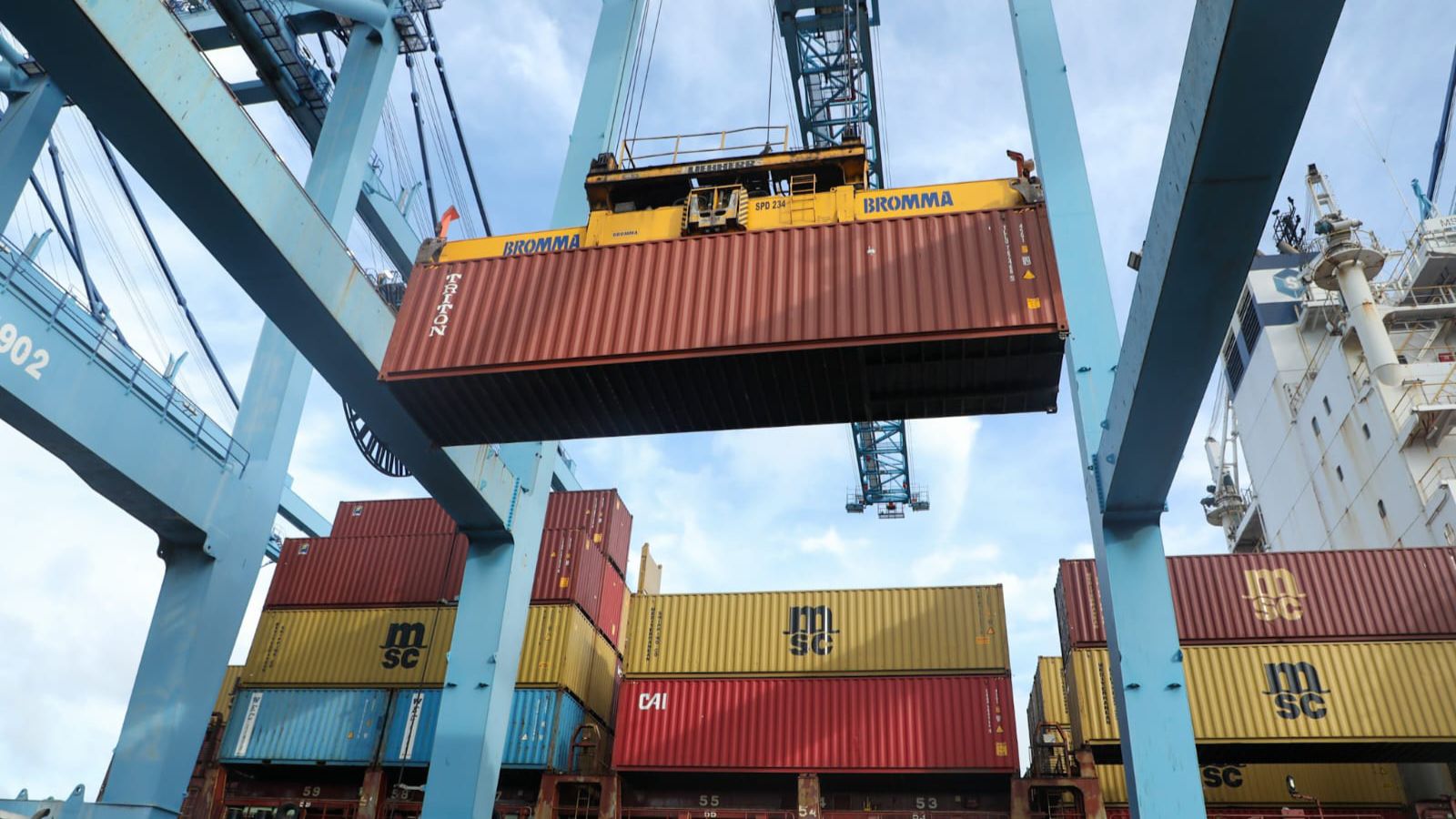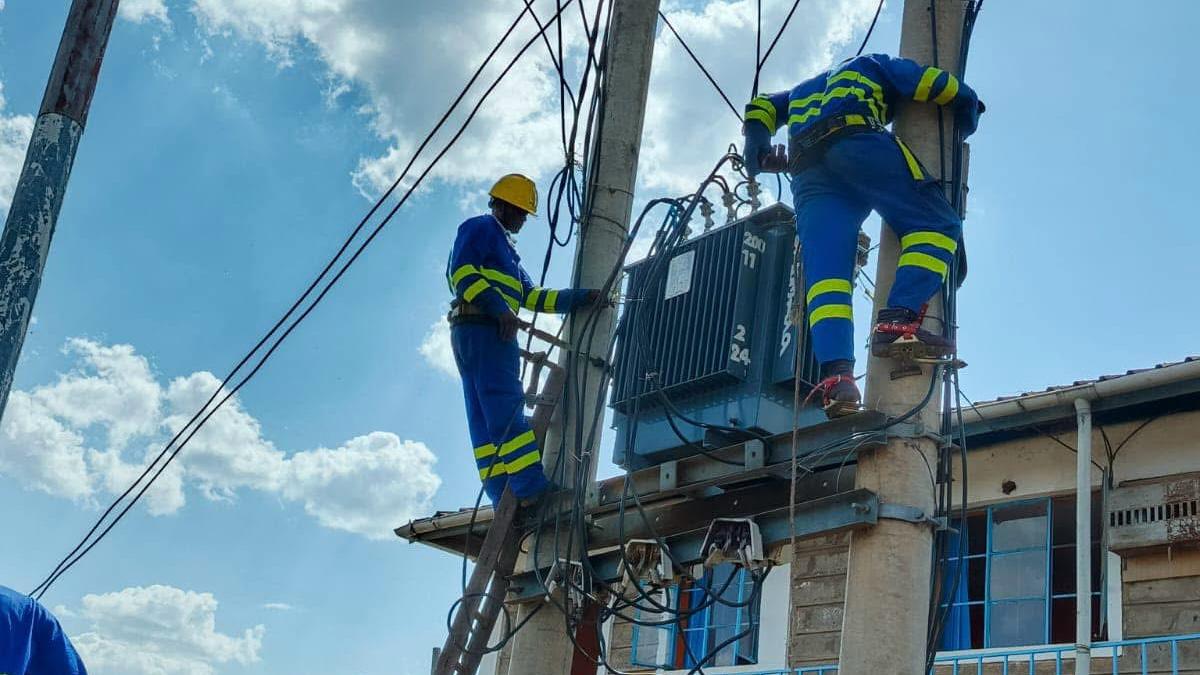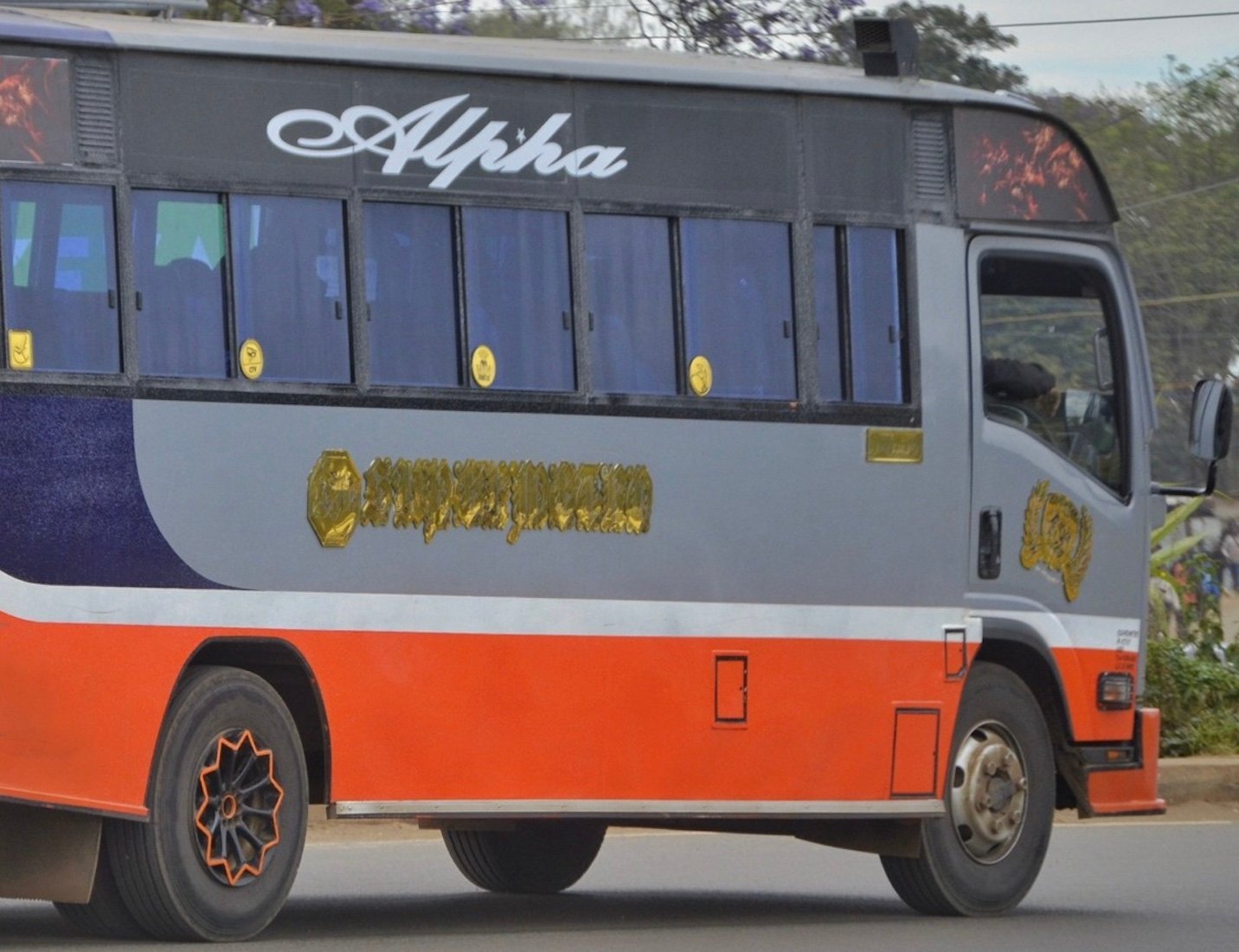The United Nations Development Programme (UNDP) in collaboration with the Ministry of Health on Friday launched the piloting of smart anti-epidemic robotic solutions to aid the health response and management of the COVID-19 pandemic in Kenya.
The launch of the smart anti-epidemic robots namely Tumaini, Jasiri, and Shujaa will come in handy in protecting health workers against secondary transmission.
Speaking during the launch, Health CS Mutahi Kagwe welcomed the robotic technology funded by the Government of Japan.
"The Robotic technology will be deployed at Kenyatta National Hospital and Jomo Kenyatta International Airport and will go further in assisting our healthcare in managing the disease," Kagwe noted.
The smart anti-epidemic robots namely Tumaini, Jasiri, and Shujaa
UNDP Resident Representative for Kenya, Walid Badawi noted that the introduction of the robotics in Kenya could uncover insights on leveraging technology within the healthcare system
“The piloting of the smart anti-epidemic robotic solutions is by no means a replacement of the crucial role played by our healthcare workers. Based on lessons from global and regional experiences where UNDP has successfully supported similar initiatives (Rwanda, Equatorial Guinea, and India) we hope the introduction of the robotics in Kenya will uncover insights on leveraging technology within the healthcare system.
"Through an experimental lens, as a long-term investment, we hope to test the impact and effectiveness of robotics in the healthcare and a potential scaled up adoption of similar technologies across more public health facilities. We are keen to leverage this technology to provide an opportunity for the youth in Kenya to gain 4IR skills and hopefully open more employment and entrepreneurship opportunities,” Badawi said.
How the Smart Anti-Epidemic Robots will Help Health Workers in Managing Covid-19 in Kenya
The robots are programmed for several functions such as data collection, temperature check, and reinforcing covid protocols to help minimise secondary transmission for frontline workers. Functions of the robotic
- The robots can detect individuals without masks as well as those wearing them incorrectly to alert them and inform officials for appropriate action in real-time
- The proposed robots with both wide-angle and long reach can measure the temperature of several individuals, 10 to 100 persons per minute at a distance (2.5-3.5m), thus protecting staff from contact transmission through the use of thermometer guns at the entrance.
- They can also reduce contact between people to help in maintaining social distances between high potential suspected people to be infected and health workers.
- The robots can collect, store and analyse massive amounts of data and transmit the results to authorized personnel for real-time and informed decision making, and for future use, the robot can gather patient information by scanning the machine-readable identity card. Additionally, they can analyse the data and provide instant statistics for further investigation.




-1771737995.png)



-1772106339.png)

